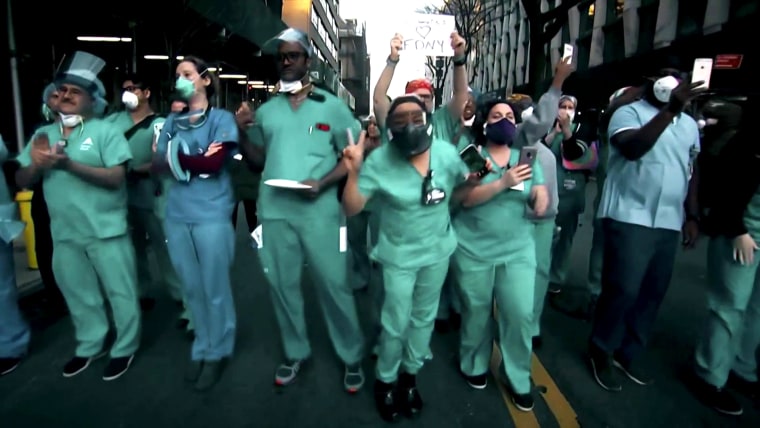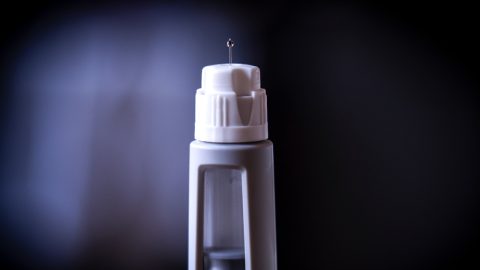Feelings of depression and anxiety can last nearly a year and a half after a serious bout of Covid-19, according to a study released Monday.
The research, published in The Lancet Public Health, is among the first to analyze long-term mental health repercussions following severe cases of Covid, which researchers described as being unable to get out of bed for at least a week.
Full coverage of the Covid-19 pandemic
The analysis included 247,249 people living across northern Europe — Denmark, Estonia, Iceland, Norway, Sweden and the United Kingdom — from February 2020 through August 2021. During that time, about 4 percent of the participants, 9,979 people, tested positive for Covid.
Compared to those without Covid, people who tested positive were overall slightly more likely to experience lingering feelings of depression or have trouble sleeping. But for the most part, the issues abated within two months.
Those whose acute illness kept them bedridden for at least seven days — in the hospital or at home — were significantly more likely to experience anxiety and/or depression 16 months later, said study author Unner Anna Valdimarsdóttir, a professor of epidemiology at the University of Iceland.
The study was observational, and Valdimarsdóttir and her colleagues were unable to determine the exact link between severe Covid and long-term mental well-being. The impact of social isolation from being bedridden with a contagious illness for at least a week may have contributed to lasting feelings of helplessness, she said.
But the general markers of long Covid — at least three months of profound fatigue, trouble with cognition and attention and a decreased ability to perform physical household chores — also appear to play a role.
Download the NBC News app for full coverage of the Covid-19 pandemic
“It may be that this group of patients is still experiencing physical symptoms that fuel the mental health symptoms, or vice versa,” Valdimarsdóttir said.
The study largely mirrors what physicians treating long Covid patients in the U.S. are seeing. That is, many patients who had severe cases of Covid went on to develop feelings of depression.
“The idea that people who are bedbound for seven days have greater mental health difficulties than people who are not — that’s not surprising to me at all. That’s what I would expect,” said Jim Jackson, the director of long-term outcomes at the ICU Recovery Center at Vanderbilt University Medical Center in Nashville, Tennessee.
Dr. Marc Sala, a pulmonologist and critical care specialist at Northwestern Medicine’s Comprehensive Covid-19 Center in Chicago, said his long Covid patients report symptoms of brain fog and difficulty focusing more so than depression or anxiety, although he acknowledged that perhaps he and other long Covid physicians should be asking more about such mental health symptoms.
Indeed, Valdimarsdóttir said the findings may mean that physicians should be monitoring their most severe Covid patients for indications of mental health issues, even after they recover from acute physical illness.
Still, Sala cautioned against interpreting the new research to suggest that all long Covid symptoms are due to depression and anxiety.
“People have to be cautious about that,” Sala said. “They have to be careful that long Covid is not written off as a manifestation of depression and anxiety. It’s much more complicated than that.”
Follow NBC HEALTH on Twitter & Facebook.










Recent Comments